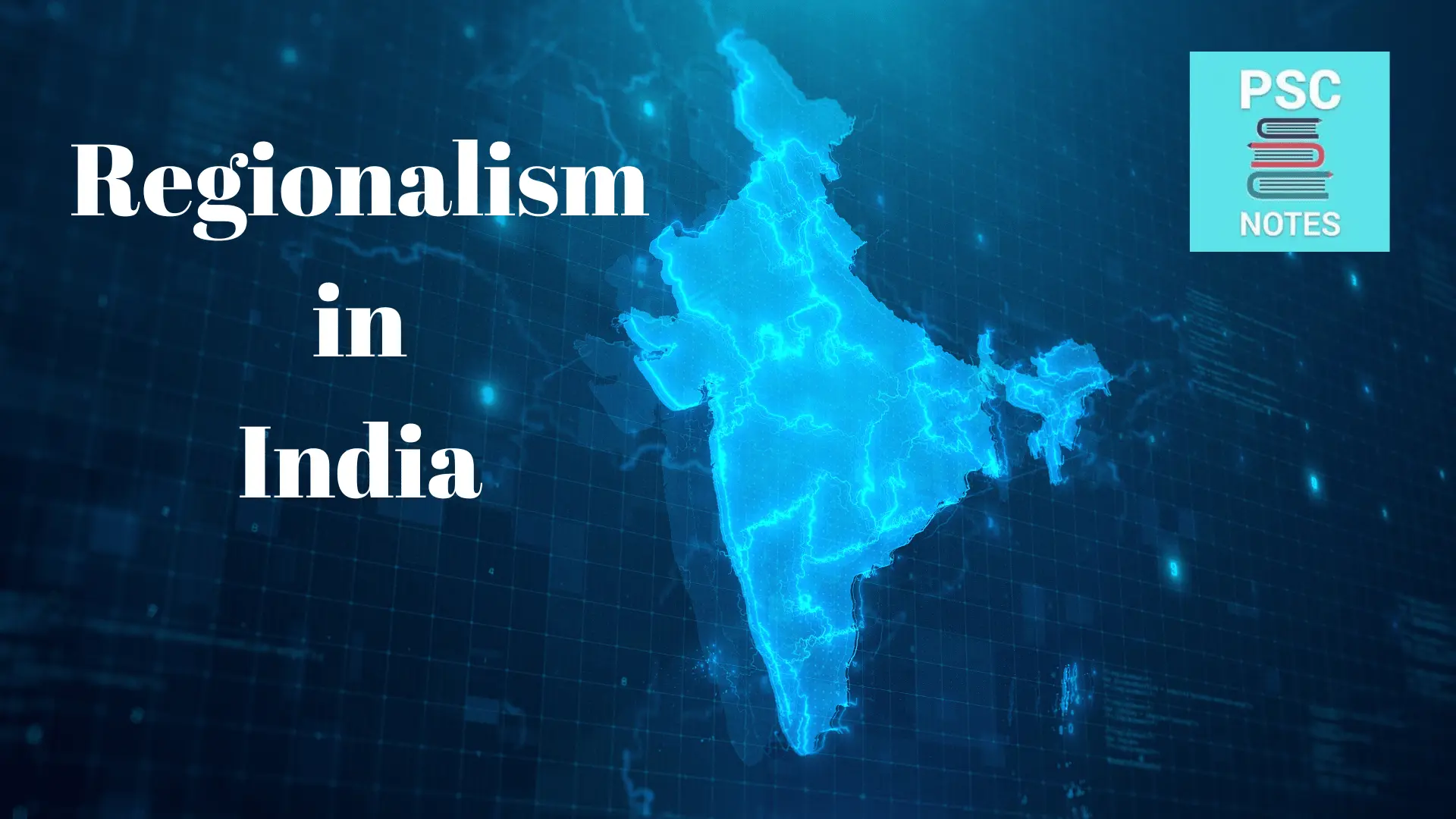Making of The Constitution
The Making of the Constitution: A Journey from Independence to a Nation The United States Constitution, a document that has shaped the course of American history and continues to be a beacon of democratic ideals, was not born overnight. Its creation was a complex and arduous process, a testament to the vision, compromise, and determination … Read more
